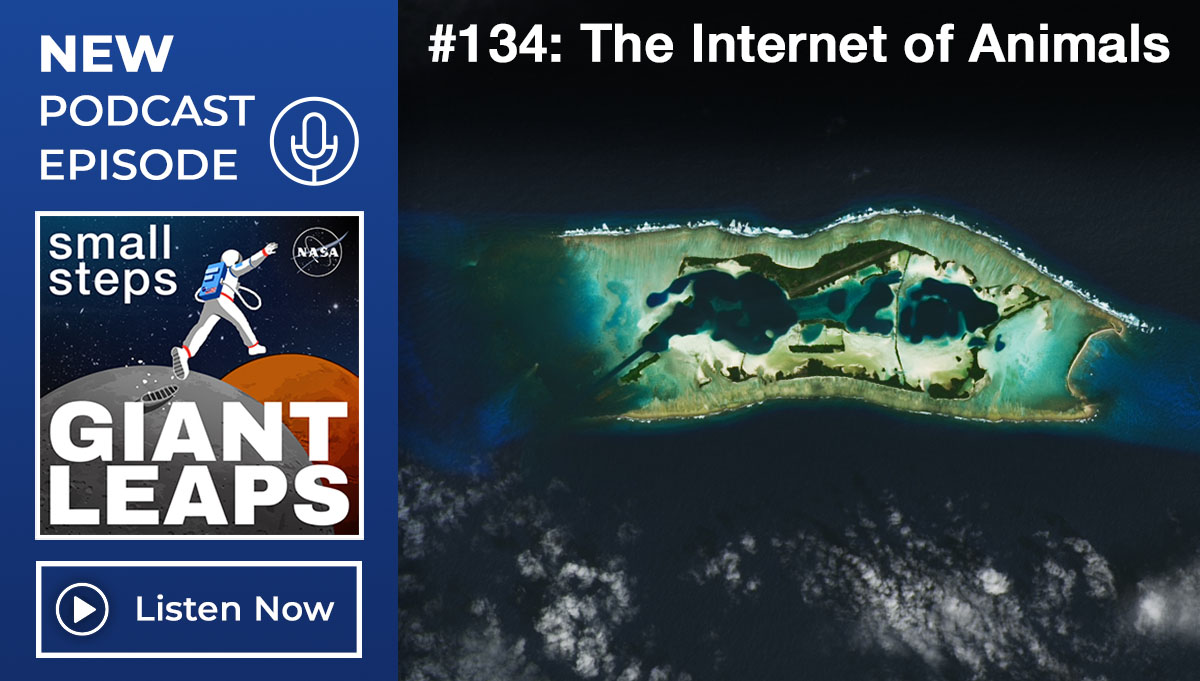ASK OCE — May 10, 2006 — Vol. 1, Issue 8
Nearly one thousand professionals from NASA, industry, academia, and aerospace associations attended APPEL’s Project Management Challenge 2006 conference on March 21-22 in Galveston, Texas.
Several top NASA officials addressed the two-day conference, including NASA Administrator Dr. Michael Griffin, Associate Administrator Rex Geveden, Associate Administrator for Program Analysis and Evaluation Dr. Scott Pace, and Chief Engineer Chris Scolese.
Dr. Griffin emphasized the importance that systems engineering will play in attaining the goals set in the Vision for Space Exploration. Citing Dr. Stephen Johnsons book The Secret of Apollo, he reminded the audience how systems engineering began to evolve as a formal discipline during the Apollo era. Since then, he noted, there has been an explosion in academic programs that teach systems engineering. Griffin praised that trend but cautioned that classroom learning was no substitute for the years of on-the-job experience necessary to become a NASA systems engineer.
Mr. Geveden compared the systems management approach to project management that came of age in the Apollo era with the Faster, Better, Cheaper practices of the 1990s. Citing data from Dr. Howard McCurdys Faster, Better, Cheaper, he argued that both types of developments have their merits, but that the sheer complexity of the Vision for Space Exploration will demand that NASA employ the systems management approach.
Dr. Pace defined the role of the Office of Program Analysis and Evaluation (PA&E), and explained how it supports senior leadership decision-making and strengthens the programmatic and institutional foundations of the Vision for Space Exploration architecture through objective analysis. This analysis is based on deriving answers to simple but essential questions such as: What does NASA need? How much does it cost? What is the right mix of Agency programs? Are we ready? How are we doing?
Mr. Scolese addressed the engineering challenges that NASA will face as it gears up for the programs and projects that will comprise the Vision for Space Exploration. He explained the concept of technical excellence at NASA, and addressed the personal and organizational responsibilities associated with achieving it.
The conference also featured two full days of small-group sessions featuring more than sixty presenters and panelists from NASA, industry, and academia. See a complete list of the presenters and programs at Project Management Challenge 2006.
In This Issue
Message from the Chief Engineer
NASA on the Hill: Administrator Griffin Testifies about Budget
This Week in NASA History: Magellan Heads to Venus
PM Challenge 2006 Draws 1,000
GAO: NPOESS Requires Agency Attention
Risk Communication: One PM’s Perspective
Leadership Corner: A Speech is Not a Data Dump
It’s a Small, Small World: NASA Nanotechnology
Archimedes Archive: The First Flight of Traian Vuia





